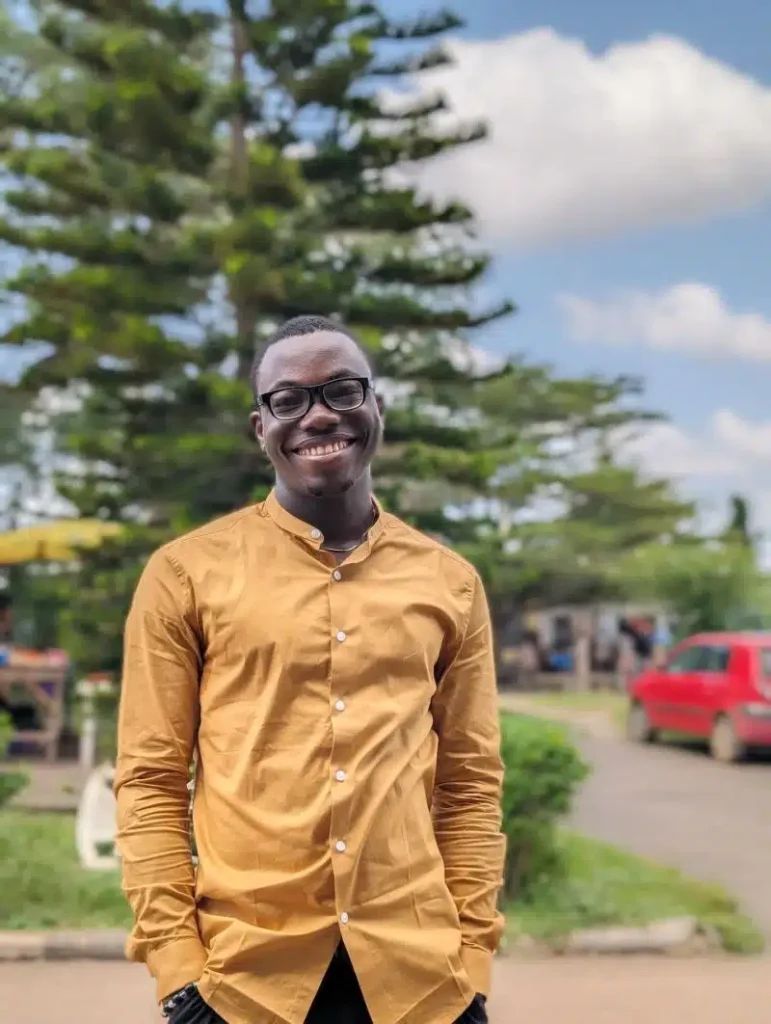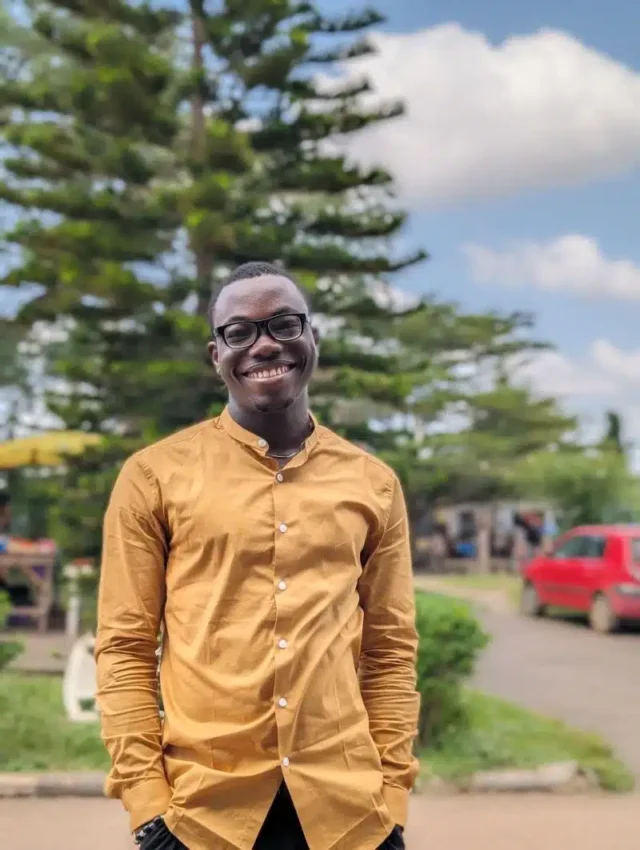Opeyimika Aremu, now in his final year at the University of Ibadan, once seriously considered quitting medical school. Like many young people, he found the weight of expectations and the days of endless lectures overwhelming. But rather than giving up, he charted a course few might have predicted — he turned to the Internet, discovered technology, and began building healthcare solutions powered by artificial intelligence (AI).
Opeyimika’s story didn’t begin in some high-tech lab or a startup incubator. It began during that quiet time between his post-UTME exams and the moment he resumed his studies. It was then that he got his first Internet-connected phone, and more importantly, he got a window into something new. Writing, people making money through content, the big possibilities online — these planted ideas in his mind that studying medicine might not be his only calling.
But family pressure, tradition, and the certainty of medicine as a career gave him pause. He resumed his studies, though the seeds of curiosity were already sprouting. Over time, those seeds grew into experiments — volunteering, writing, trying new things — dragging him gradually away from simply hoping and into making.

Table of Contents
Experimentation, Curiosity and the Grind
In the 200 level, Opeyimika began volunteering with social enterprises, getting involved in local community problems. Around that same time, he interned with the Nigerian Tribune in 2019. All through this, what struck him was how much the Internet opened up: people publishing ideas, solving problems, making money, learning from far away, all with enough dedication.
Then the 2020 COVID-19 pandemic came, and like many, Opeyimika found himself with both time and pressure. It was during this moment that he discovered coding. He even toyed with the idea of dropping out entirely to study computer science — at the African Leadership University in Rwanda — but family concerns and commitments held him back.
Still, he kept pushing. He signed up for the “100 Days of Coding” challenge, which built up his skills and confidence. He tried graphic design and marketing. He collected online certifications. He listened to podcasts like How I Built This and The Founders, absorbing stories of creators and innovators. All of this fed his generalist mindset — not wanting to stick to one box, but pulling together knowledge from many places.

Living Between Lectures and Lines of Code
Juggling medical school is not easy. Opeyimika often faces lectures with slide decks in the tens of thousands of fields, pages, hours of material, and six-hour exams that demand memorisation, endurance, and clarity. The kind of load that can crush is resolved.
But Opeyimika has leaned on AI tools to cope. As a paying subscriber to ChatGPT and by using Gemini, he compresses vast course materials into digestible chunks. He uploads lecture slides, documents, questions, images — and AI helps distil, organise, summarise. For example, where a topic might loom as overwhelming, AI helps convert it into two or three sentences under headings, making it possible to revise efficiently in a few hours rather than days. It’s not cheating, in his view; it’s adaptation and survival in a demanding environment.
Outside academics, he has built a community. With medical students and tech learners, he founded UCH Tech Society, a space for folks starting out in tech to find support. He takes part in online communities, sharing progress early in the morning, pushing through during nights. Freelance software engineering and AI-related gigs became part of how he navigates cost, knowledge gaps, and parental misgivings about the tech path.
Building Healthcare Solutions with AI: From Ideation to Implementation
Today, Opeyimika isn’t just using AI to manage his coursework—he’s using it to build real healthcare solutions. He has launched a healthcare agency aimed at helping health-tech startups solve problems often ignored. Some of the tools his team has built include:
- An AI-powered “medical know-how” module: If you input a medical term, it generates a short, high-level summary to help you get up to speed quickly.
- A generative laboratory report tool: Upload lab results and receive breakdowns and explanations in user-friendly language.
- An SMS-based patient follow-up system: After consultations or assessments, patients receive reminders and check-ins, helping improve adherence and patient care outcomes.
Because of his generalist skills — combining design, engineering basics, marketing, and innovation — he handles many parts of building and scaling these solutions himself. He believes that healthcare entrepreneurs in Nigeria don’t always need a traditional medical degree to build impact, but combining domain knowledge with tech literacy opens up powerful possibilities.
Looking Ahead
Opeyimika’s journey suggests a new model for students in demanding fields: rather than choosing between medicine and tech, creative interoperability between the two is possible. He still expects the challenges — balancing heavy course loads, securing funding, convincing sceptics — but today he’s more confident. He is proof that a student can step into medicine, discover tech, use both to build healthcare tools, and not be forced to “drop out” to follow a passion. He wants people like him — medical students with curiosity about code or health-tech — to feel that they have space to explore, even while in school.

Conclusion
Opeyimika Aremu could have been another frustrated student, worn out by the weight of expectations. But what he’s building now suggests that strength can come from discomfort, that innovation often grows on the edges. In a country grappling with health-care access and human resource challenges, his story shows how AI and curiosity can help bridge gaps — one algorithm, one design, one SMS reminder at a time.
Join Our Social Media Channels:
WhatsApp: NaijaEyes
Facebook: NaijaEyes
Twitter: NaijaEyes
Instagram: NaijaEyes
TikTok: NaijaEyes





